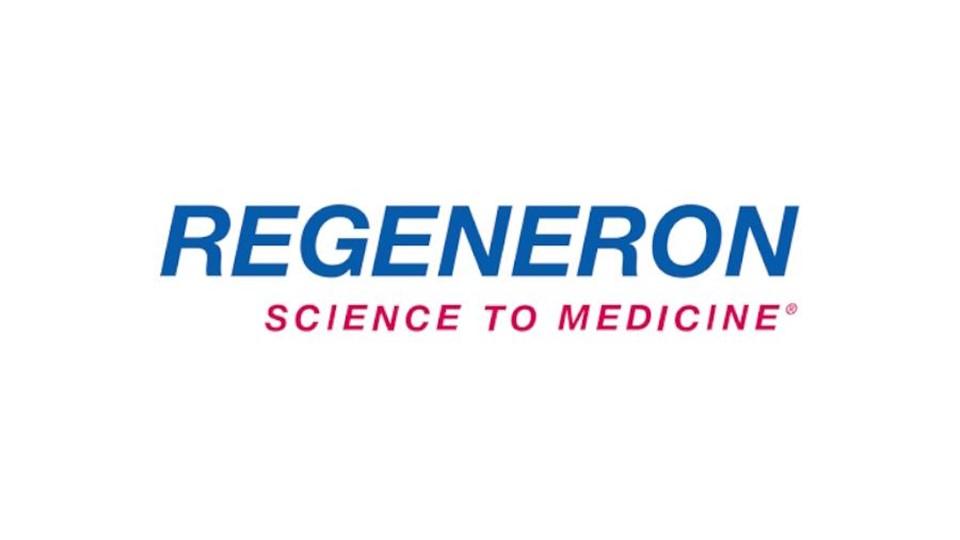Regeneron gets FDA blessing for CHAPLE drug Veopoz

Patients with the ultra-rare disease CHAPLE now have their first FDA-approved therapy, after the regulator approved Regeneron's pozelimab for people aged one and over with the inherited disorder.
CHAPLE - or complement hyperactivation, angiopathic thrombosis, and protein-losing enteropathy - affects fewer than 100 patients worldwide, who lack CD55 protein, and with it the ability to control complement activity. The disease leads to abdominal and cardiovascular symptoms and can cause severe blood clotting, which can be fatal.
C5 complement inhibitor pozelimab – now given the brand name Veopoz – has been shown in a phase 2/3 trial to normalise serum albumin levels, a biomarker of disease activity, and either improve clinical symptoms of CHAPLE or prevent them from worsening.
Regeneron has set a price of $34,612 per one-use vial for the once-weekly drug – equivalent to around $1.8 million a year at full price – although, Regeneron indicated the annual cost would vary depending on the patient's weight and any rebates or discounts.
The drug's closest competitor is AstraZeneca/Alexion's Soliris (eculizumab), which isn't approved for CHAPLE, but is used off-label to treat patients and has shown promising results in clinical trials.
Regeneron's drug has the advantage of once-weekly administration by subcutaneous injection that can be given at home after an intravenous loading dose, whereas Soliris is administered intravenously every two weeks, so needs regular clinic visits. On the other hand, AZ's drug is considerably cheaper, at around $500,000 a year.
The most common adverse reactions to Veopoz are upper respiratory tract infections, fractures, hives, and alopecia, and the drug's label has a boxed warning for serious meningococcal infections. The FDA recommends that patients due to start treatment with Veopoz be vaccinated at least two weeks beforehand.
The approval also puts Regeneron in line for a valuable priority review voucher (PRV) from the FDA, which can be used to speed up the review process for other drugs and are typically worth around $100 million on the open market.
While CHAPLE will be a tiny market for Regeneron, the company is also developing the drug for more prevalent diseases, including paroxysmal nocturnal haemoglobinuria (PNH) and myasthenia gravis (MG), where Soliris and AZ's follow-up Ultomiris (ravulizumab) are already generating blockbuster sales.
It is also being tested in phase 3 trials in combination with Alnylam's small, interfering RNA (siRNA) based complement C5 inhibitor cemdisiran, as a combination therapy for PNH and MG under a $1 billion alliance agreed in 2019.












